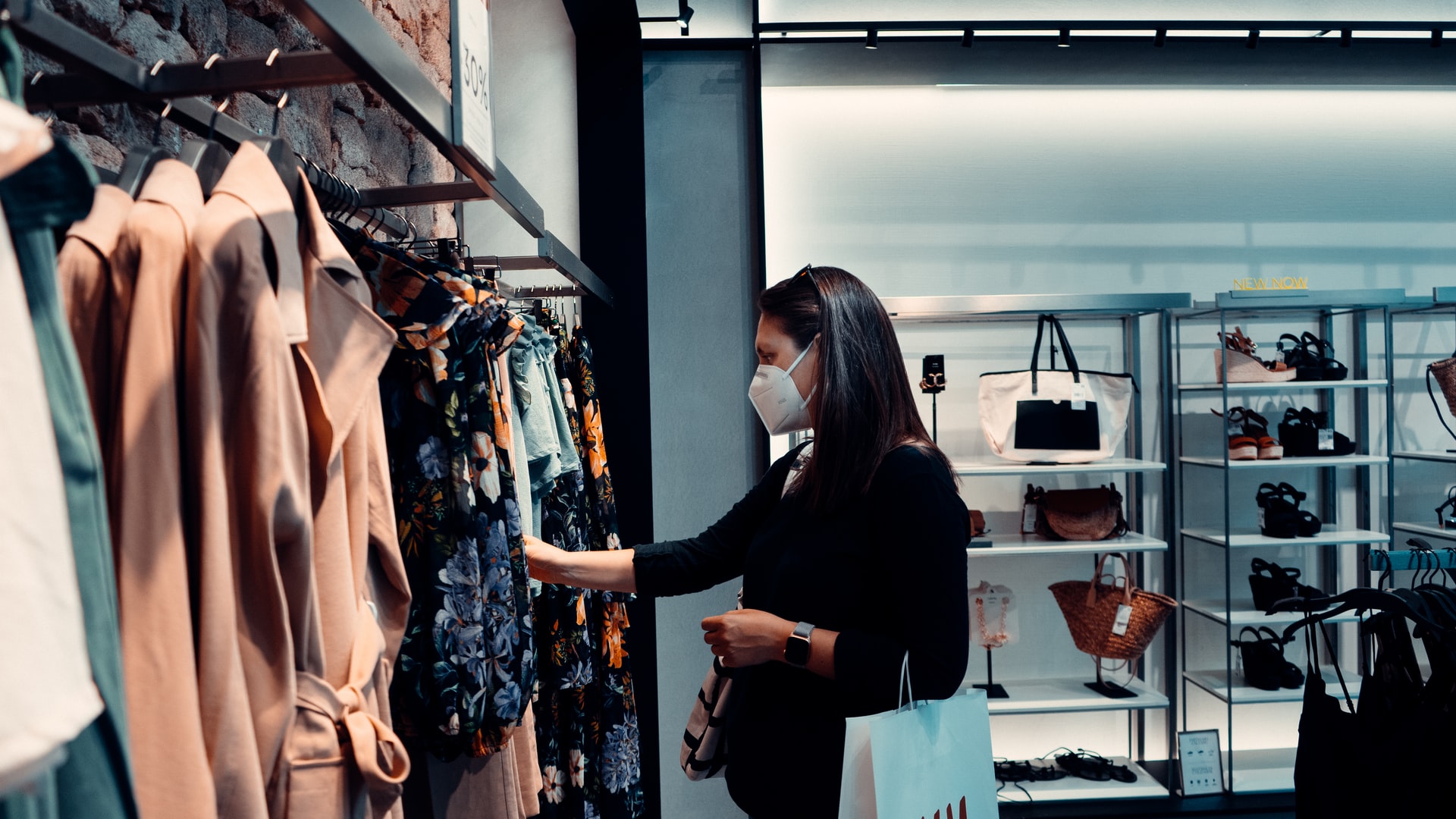
Over the first year of the pandemic, several high street fashion retail brands succumbed to financial pressures after years of hesitant trading; but others, supported by industry-specific ERP software, have been insulated from the challenging business climate and have weathered the turbulence of the crisis successfully.

In what ways has ERP software helped fashion businesses to survive during the Covid-19 pandemic and how will it enable agile working in the post-lockdown world?
ERP Delivers Efficiency
Following the pandemic, apparel and footwear manufacturers must work in a world that has changed considerably in the last twelve months. Inefficient and unproductive practices have even less place in the industry than before, so businesses that have failed to adapt will struggle in the future.
ERP has enabled fashion businesses to streamline their operations and move towards lean manufacturing to eliminate the problem of waste. From optimising inventory and reducing distribution costs, to automating workflows and cutting the cost of raw materials, ERP software drives efficiency at every stage of the process, from manufacture to delivery.
ERP Creates Flexible Supply Chains
The global pandemic hit supply chains hard, affecting the procurement of raw materials, labour, and logistics. ERP software helped to protect supply chains by increasing their flexibility, so that the challenges of disruption could be more adeptly managed.
An ERP platform accumulates data to improve forecasting models, harnessing the Cloud to provide real-time, accurate visibility that fashion businesses can access to ensure supply chains remain intact. Armed with live information, logistics managers, buyers, and sales staff can make informed business decisions, such as broadening the supply chain ecosystem to ensure delays don’t limit production.
ERP Makes Remote Working Possible
One of the biggest challenges during the pandemic has been the issue of remote working. With offices closed and fashion trade shows cancelled at short notice, managers have had to find workarounds that allow trading to continue.
Cloud-based ERP software, in conjunction with online virtual marketplace platforms, have made remote working possible and, with some form of remote working likely to become a long-term feature of the working landscape, has a critical role to play for fashion and footwear businesses yet to commit to a platform. For example, ERP software puts centralised, real-time data at the heart of business operations, so that different teams can collaborate with a single version of the truth, wherever they are located.
ERP Promotes Agile Thinking
Agility is vital during times of economic turbulence. Businesses need to react quickly to unforeseen circumstances or adapt to take advantage of unexpected opportunities. Agility means being flexible, ready to adjust, and visible, and ERP can ensure businesses have the tools and information necessary to make business-critical decisions in an ever-changing world.
With an ERP platform, businesses can improve their performance as measured by KPIs, modifying their approaches and goals to take account of external circumstances, rather than being straightjacketed by narrow thinking.
Weather The Storm With STYLEman
The pandemic may be alleviating in the UK, but the future remains uncertain globally, so it’s vital that apparel and footwear businesses act now to future-proof their operations against further disruption. To find out how STYLEman could protect your business, request a free demonstration or get in touch with one of our ERP specialists today.
Image source: Unsplash

